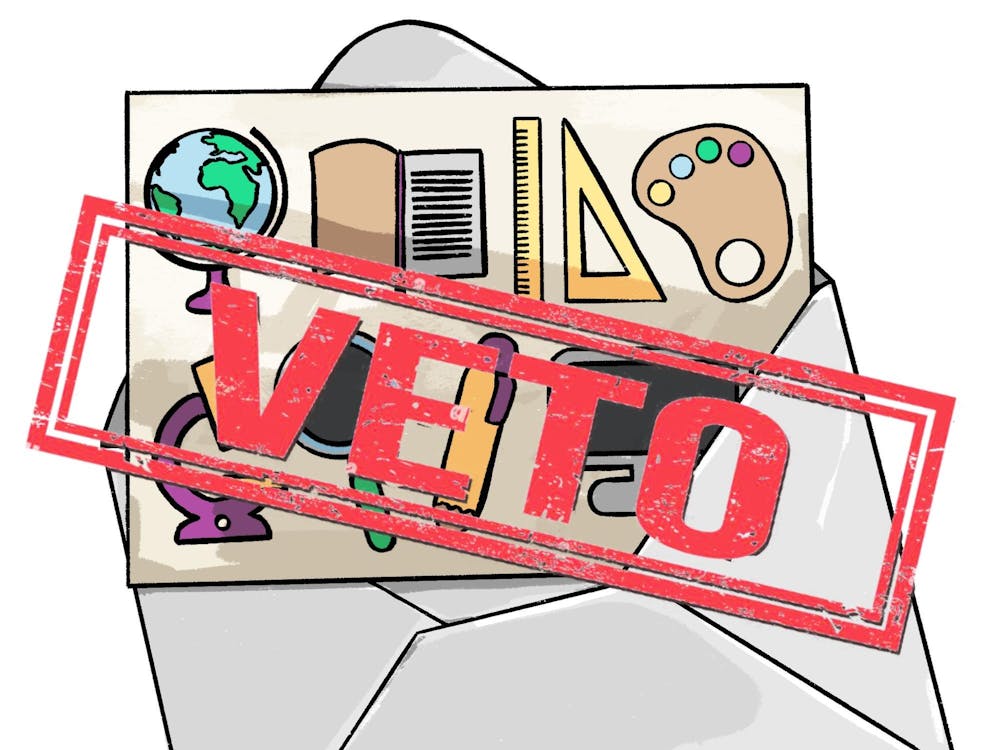The legacy of departed New Jersey Governor Chris Christie is one that will be hard to discern. He went from the hard-charging face of the Republican Party to a governor allegedly closing bridges to spite political rivals, and chastising constituents on radio stations. The fate of the former presidential candidate was destined to be among promising but forgotten politicians. But the final legacy of the deposed governor has yet to be written, largely due to an action currently before the Supreme Court.
The people of New Jersey voted in 2011 to amend the state constitution, allowing the legislature to legalize sports gambling. The New Jersey voters and legislature resoundingly supported the measure that would allow a practice currently institutionalized and regulated. As with most reasonable personal liberties, the federal government had already taken broad jurisdiction over the arena with the passage of the Professional and Amateur Sports Protection Act (PASPA). That legislation prohibited states that had not already operated sports gambling facilities from now operating these facilities within their jurisdiction.
There are institutional opponents to legalized sports gambling in the United States, most notably the National Football League, Major League Baseball and the National Collegiate Athletic Association. Their argument relies on the belief that the presence of sports gambling can have an adverse effect on the integrity of their leagues with the increased potential for point shaving, but that argument fails to convince the slightest observer of the gambling industry.
In 2015, it is estimated that $149 billion was bet in the U.S. on sports. If neither the government, nor sports leagues, have any information on these individuals, doesn't that make it even more likely that games can be fixed?
It no longer requires entry into a smoke-filled pool room or walking down a back alley to find the local bookie to place a wager. A few clicks on the internet and one can upload their debit card or credit card and place wagers in mere minutes. The federal government has not enforced its current laws, and as Justice Kagan noted, nothing is requiring state officials to enforce a federal mandate they do not endorse. With this understanding, why, exactly, does the law need to be in place any longer?
Thankfully, it appears from the content of the oral argument that the majority of the Supreme Court is skeptical about the constitutionality of PASPA. In the near future, legal sports gambling could be a reality within the U.S. First, each state legislature must approve sports gambling within their state. In preparation for the Supreme Court decision, many states have deliberated legislation related to sports gambling, but not all have been convinced of its utility as recently seen in Louisiana. Although Louisiana chose to not proceed with allowing sports gambling, their legislature had the ability to determine their states path without the overarching mandates of the federal government.
The merits of allowing sports gambling are clear. It allows the state to profit from an activity which is already widespread in their jurisdiction. It also protects the consumers of these services by ensuring that they are guaranteed payments from their winnings. When state education budgets are being cut, vast swaths of infrastructure are crumbling, and essential services in communities are being rationed, how can any state deny the additional funding?
The commonly cited detriment of legalizing sports gambling is the erosion of the United States' moral fabric. While this argument may suffice in various respects, the hypocrisy of this argument is hard to ignore. Currently, 44 states have a state-wide lottery. It is widely known that the odds of winning the lottery are less than that of becoming the pope, but the government still allows this practice to operate because it is run by the government. When gambling on sports, a relative amount of skill is required to be successful - there are no strategies to success in the state sponsored lottery. Further, thirty states currently have casinos within their jurisdiction, if the moral fabric of the United States is the concern that worry should have been ceded long before the present time.
The federal government's preemption of choice on behalf of the states is justified in activities that are generally considered unacceptable. No such consensus exists on this issue. Public perception of gambling has significantly changed since the enactment of the statute, and the laws must adjust in kind. If the objective of government is to exude the will of the people, the most responsible action is to reinstate the rights of the each state's citizens to determine their course of action -- and, hopefully, the Supreme Court will provide this right.
raghurv@miamioh.edu



